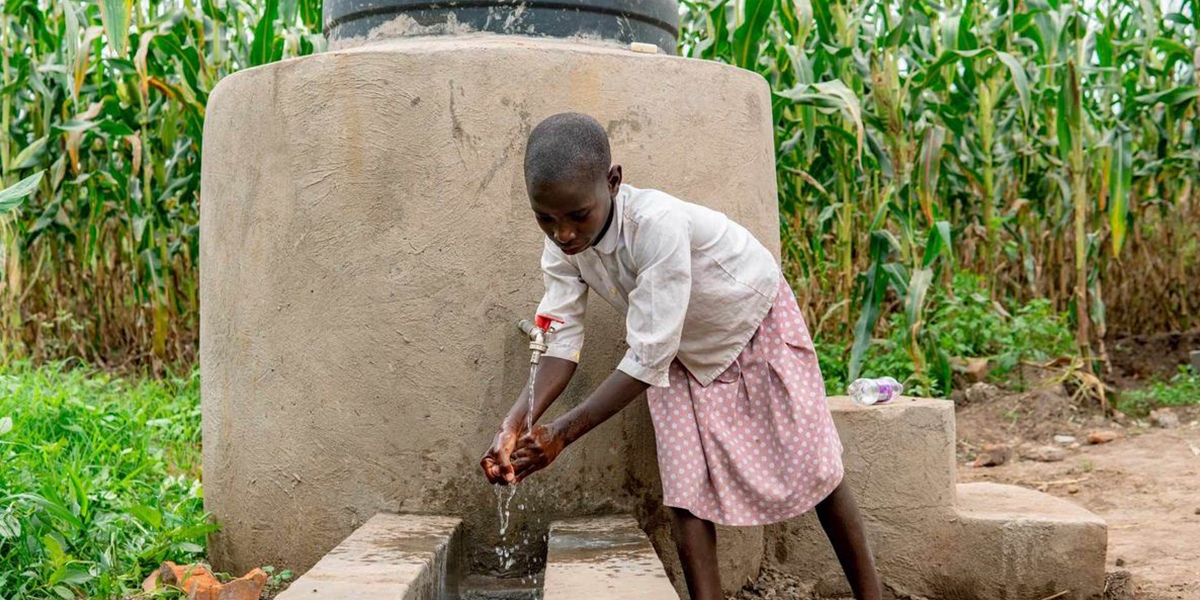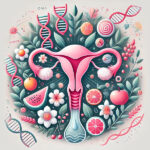Periods are a natural part of life—but for millions of people, managing them is still a struggle. Period poverty refers to the lack of access to menstrual products, education, and safe sanitation. It’s not just a health issue—it’s a human rights issue.
The Financial Barrier
For many, even basic period products like disposable pads are too expensive. This forces girls and women to rely on unsafe alternatives—like old cloth, newspapers, or nothing at all. This not only causes discomfort but increases the risk of infections and missed school or work days. Access to affordable, reusable products like Naarica’s period underwear can change that—by offering long-term relief without monthly expenses.
The Education Gap
Period poverty isn’t just about products—it’s also about knowledge. In many communities, menstruation is still taboo. Girls often don’t understand what’s happening to their bodies or how to manage it safely. This lack of information fuels shame, stigma, and silence. Normalising conversations around periods is the first step toward change.
It Affects the Future
When girls miss school every month or drop out altogether because of their periods, the long-term impact is huge. Period poverty holds them back from reaching their full potential. Providing access to sustainable menstrual care isn’t just a health move—it’s an investment in education, equality, and empowerment.
It’s Time to Take Action
Period poverty is real. But it’s also solvable. By supporting reusable solutions like Naarica’s period underwear and spreading awareness, we can make menstrual health accessible, dignified, and safe for all.




Leave a Reply